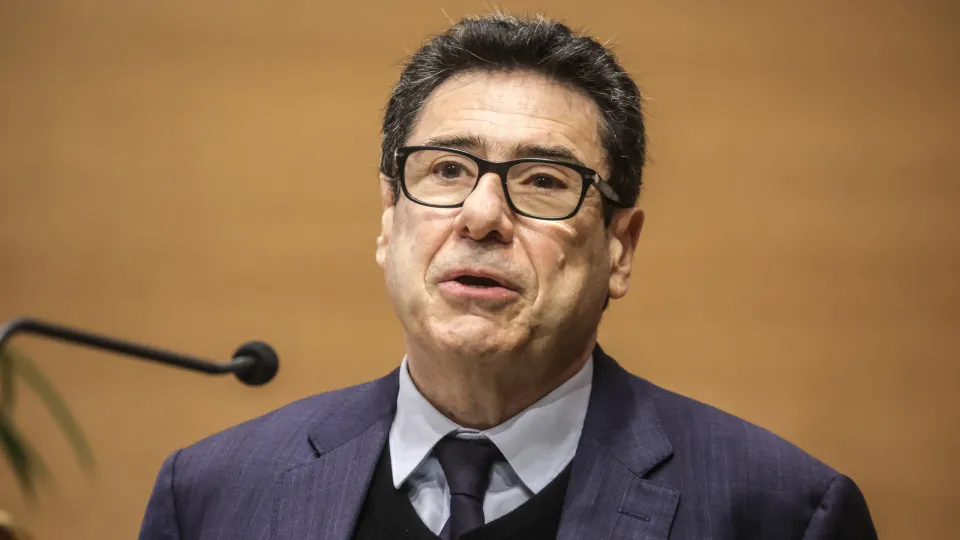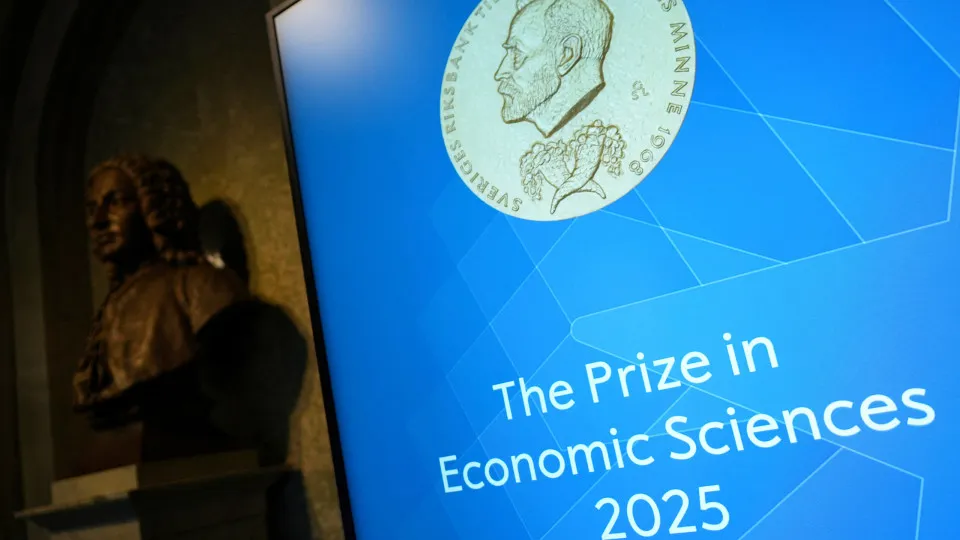
“I think European countries need to understand that we should not let the United States and China become the technological leaders and lose to those two countries,” stated in contact with the Nobel committee in Stockholm.
Aghion and Canadian Peter Howitt were awarded for developing a mathematical model describing the process of “creative destruction,” where the arrival of a new and better product pushes companies selling older products out of the market.
Philippe Aghion spoke again about the wealth disparity that has widened between the United States and the eurozone since the 1980s.
“After a period of Europe’s recovery relative to the United States in terms of per capita Gross Domestic Product (GDP) between World War II and the mid-1980s,” the gap widened again, explained the French economist.
The main reason is that Europe failed to implement major technological innovations.
“We remained confined to medium technological advances, which perfectly matches what the Draghi report explains, as we do not have the appropriate policies and institutions to innovate in the field of high technologies,” Aghion said.
“We do not have a financial ecosystem conducive to innovation,” he lamented.
Mario Draghi, former president of the European Central Bank (ECB), made a series of proposals to reactivate the European economy.
From a former member of the Communist Party to an economic adviser to President Emmanuel Macron, before stepping aside, Philippe Aghion wants to better regulate capitalism, favoring innovation.
According to Aghion, “the important thing is to adopt policies that strengthen innovation, but at the same time [it is important] to build a system with real social mobility, a regulated capitalism” in the manner of Scandinavian models, which should “consider the most vulnerable.”
The Nobel Prize in Economics was awarded today to Joel Mokyr, Philippe Aghion, and Peter Howitt for explaining economic growth driven by innovation.
Half of the prize, amounting to 11 million Swedish crowns (approximately one million euros), was awarded to Mokyr, an American-Israeli, 79 years old and a professor at Northwestern University in Illinois, USA, for “identifying the prerequisites for sustainable growth through technological progress.”
The other half was jointly awarded to Aghion, a 69-year-old Frenchman based at the Collège de France in Paris, and Howitt, a Canadian, 79, and a professor at Brown University, USA, for the “theory of sustainable growth through creative destruction.”
The laureates’ work shows that economic growth cannot be taken for granted.
“We must support the mechanisms that underpin creative destruction to avoid falling back into stagnation,” stated John Hassler, chairman of the Committee granting the Nobel in Economics.




